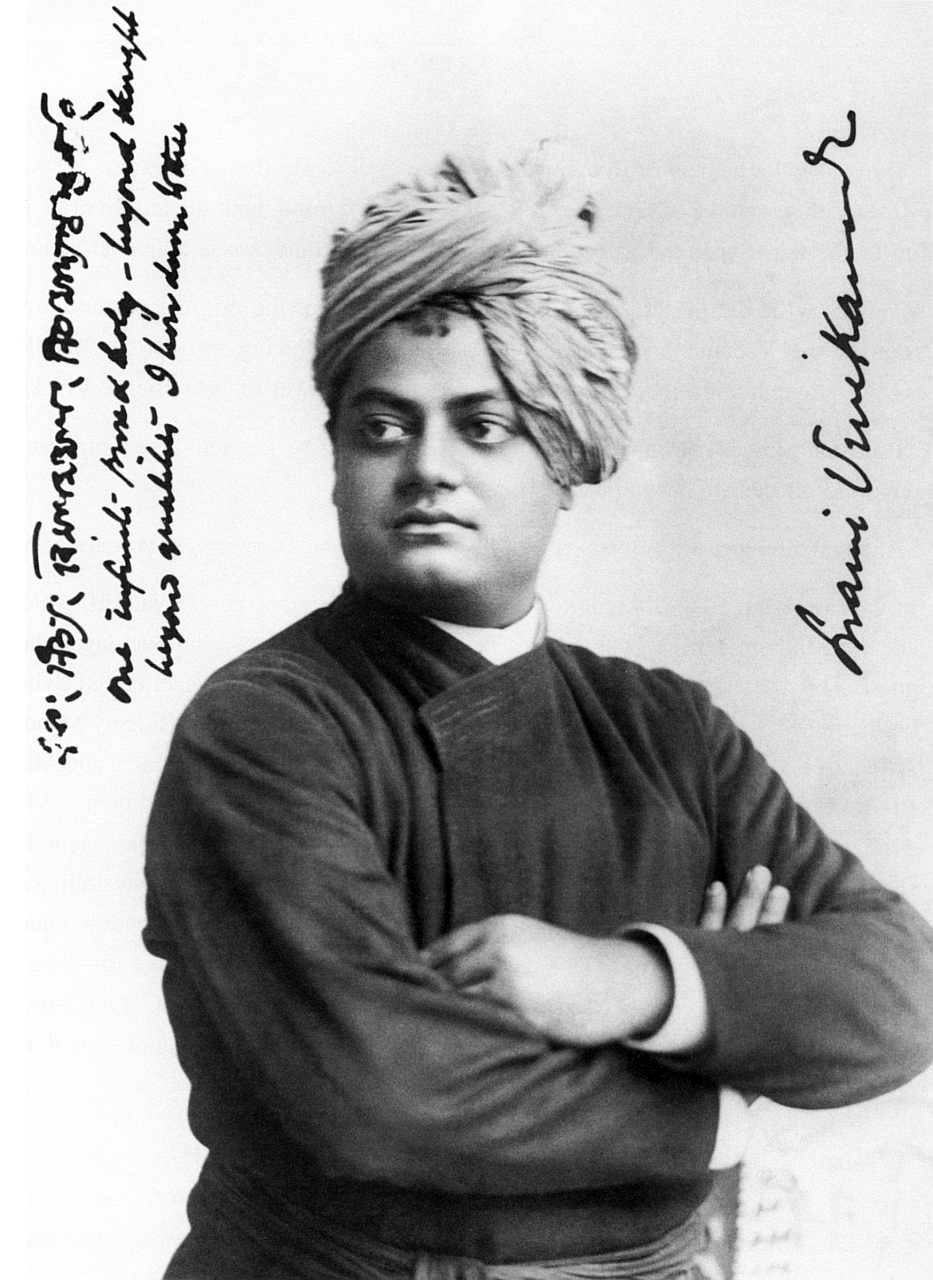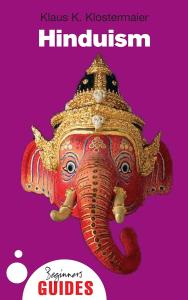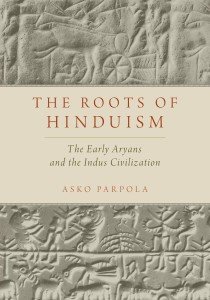Review of Karma Yoga: The Yoga of Action by Swami Vivekananda
Philosophical Depth and Enduring Relevance in Spiritual Action
Karma Yoga: The Yoga of Action by Swami Vivekananda, published by Vedanta Press - Advaita Ashrama in 1999, is a profound exploration into one of the three principal paths of yoga delineated in the Hindu tradition. The work is derived from a series of lectures delivered in New York in the late 19th century, later compiled and edited for publication. Across its pages, Vivekananda delves into the philosophical underpinnings and practical applications of karma yoga—yoga as discipline through selfless action. Well over a century after its original delivery, the text continues to ignite scholarly debates, inspire seekers, and provoke critical reflection.
About the Author: Swami Vivekananda
 Swami Vivekananda (1863–1902) was a towering figure in the modern spiritual landscape of India and the West. Born Narendranath Datta in Calcutta (now Kolkata), India, Vivekananda was a precocious student with a deep interest in both Western philosophy and Eastern spiritual traditions. He became a leading disciple of Sri Ramakrishna, the Bengali mystic whose teachings on universal religion and direct spiritual experience profoundly influenced him.
Swami Vivekananda (1863–1902) was a towering figure in the modern spiritual landscape of India and the West. Born Narendranath Datta in Calcutta (now Kolkata), India, Vivekananda was a precocious student with a deep interest in both Western philosophy and Eastern spiritual traditions. He became a leading disciple of Sri Ramakrishna, the Bengali mystic whose teachings on universal religion and direct spiritual experience profoundly influenced him.
In 1893, Vivekananda gained international acclaim with his electrifying address at the World’s Parliament of Religions in Chicago. His eloquence, erudition, and advocacy for religious pluralism established him as a bridge between East and West. Vivekananda’s mission was twofold: to revive and reinterpret Hinduism for modern times, and to introduce the world to the spiritual riches of Vedanta, which taught non-dualism. He founded the Ramakrishna Mission and the Ramakrishna Math, organizations dedicated to social service and spiritual education, which remain active to this day.
Vivekananda’s literary output is formidable, including seminal works on Raja Yoga, Jnana Yoga, Bhakti Yoga, and Karma Yoga. His writing fuses rigorous analysis, poetic inspiration, and passionate exhortation, making him not only a philosopher but also a master communicator. Karma Yoga is widely regarded as one of his most accessible and influential works.
Overview of “Karma Yoga: The Yoga of Action”
The book is organized into lectures that systematically introduce the concept of karma (action) and its role in spiritual liberation (moksha). Vivekananda distinguishes karma yoga from mere activism by rooting it in the wisdom of detachment and selflessness. For Vivekananda, karma yoga is not simply about doing good deeds, but about acting without attachment to the results—a philosophy that transforms work into worship.
The text draws heavily from the Bhagavad Gita, Upanishads, and other ancient scriptures, but is refracted through Vivekananda’s modern, universalist perspective. He addresses both the metaphysical—such as the law of cause and effect—and the ethical, offering practical guidance for integrating selfless service into daily life.
Critical Analysis
Philosophical Clarity and Accessibility
One of the book’s most significant strengths is its philosophical clarity. Vivekananda’s prose is lucid and direct, even when discussing abstruse concepts like the interplay of action, motive, and result. He deconstructs the mechanisms by which attachment enslaves the human mind and how renunciation, properly understood, leads to freedom. The lectures are peppered with anecdotes, analogies, and references drawn from both Eastern and Western sources, making the material accessible to a global audience.
However, a closer reading reveals certain limitations. The book presupposes a foundational familiarity with Vedantic terms and ideas, which may create barriers for absolute beginners. While Vivekananda often pauses to define key terms, his explanations sometimes lack the systematic rigor found in contemporary philosophical works. Readers seeking a detailed exegesis of Sanskrit texts or a careful historical-critical approach may find the work lacking in scholarly apparatus.
The Ideal of Selfless Action
Vivekananda’s central thesis—that action, when performed without selfish motive, becomes a path to spiritual realization—is expounded with passion and conviction. He insists that the true karma yogi works not for personal gain, but as a duty, surrendering the fruits of action to the Divine. This ethic of selfless service is revolutionary, both in its time and ours.
Yet, critics have noted a tension in Vivekananda’s approach. While he lauds detachment, he does not always address the psychological complexities of desire and motivation. The exhortation to act without craving results is easier said than done; the book would have benefited from a more nuanced psychological or practical methodology for cultivating such detachment. Moreover, the social and political implications of karma yoga are largely left unexplored. In the context of contemporary activism, the notion of selfless service could be interrogated more critically—does detachment from outcome risk disengage from social responsibility?
Universalism and the Modern Spirit
Karma Yoga is remarkable for its universalist tone. Vivekananda speaks to the needs of humanity, transcending sectarian and doctrinal boundaries. He draws parallels between karma yoga and the teachings of Christ, Buddha, and other world teachers, emphasizing the unity of spiritual experience. This inclusiveness makes the book especially appealing to modern readers seeking synthesis rather than division.
However, this very universalism can sometimes come at the expense of cultural and contextual specificity. In his eagerness to find common ground, Vivekananda occasionally glosses over differences between traditions or simplifies complex theological debates. For seasoned scholars, this approach may appear reductive, though it works well for those approaching spirituality in an ecumenical spirit.
Style and Rhetoric
Vivekananda’s style is both inspiring and didactic. He employs rhetorical flourishes, aphorisms, and a cadence reminiscent of classical oratory. Passages such as “Work for work’s sake” and “Each work has to pass through these stages—ridicule, opposition, and then acceptance” are memorable and widely quoted. The prose surges with energy, and the sincerity of the author’s convictions is palpable.
Nevertheless, some readers may find the tone occasionally preachy or overly moralizing. The lectures, after all, were intended as spoken exhortations, and their transfer to the printed page sometimes leaves the narrative feeling repetitive. Those accustomed to the more dialogic styles of modern philosophy may wish for greater engagement with alternative viewpoints or a more open-ended inquiry.
Enduring Relevance and Practical Application
Perhaps the most significant contribution of Karma Yoga lies in its enduring relevance. The book’s insistence that any work—however humble—can be a vehicle for spiritual growth resonates powerfully in an age often characterized by alienation and a sense of meaninglessness. Vivekananda’s teachings invite the reader to reframe their daily labor, household routines, or professional aspirations as spiritual disciplines.
The practical advice offered—to act with mindfulness, to eschew selfishness, to persevere regardless of recognition or reward—remains as timely today as it was a century ago. In an era of burnout and transactional relationships, Vivekananda’s message is a call to a higher purpose and inner freedom.
Conclusion
Karma Yoga: The Yoga of Action by Swami Vivekananda endures as a classic text in the annals of spiritual literature. Its philosophical clarity, universalist spirit, and practical wisdom make it essential reading for seekers on any path. The book’s limitations—occasional lack of scholarly detail, psychological nuance, and cultural specificity—do not diminish its overall impact.
For those interested in the intersection of action and spirituality, in living a life of meaning beyond the narrow confines of self-interest, this work offers both inspiration and challenge. Above all, Karma Yoga stands as a testament to Vivekananda’s vision: that every person, by transforming the ordinary duties of life into acts of selfless service, can participate in the great adventure of spiritual evolution.






